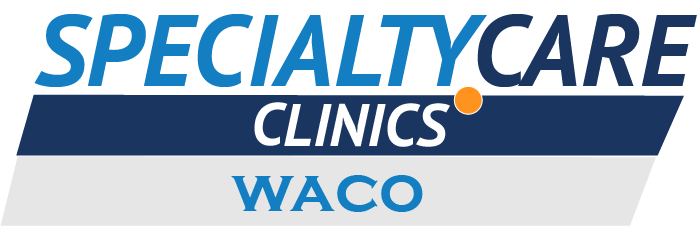Beyond the Scales: Unveiling the Power of Medical Weight Loss for Sustainable Results
Shedding unwanted pounds can be an uphill climb. Countless diet plans and weight loss programs bombard us with promises of rapid results. However, the reality is often a cycle of frustration and disappointment. Medical weight loss emerges as a beacon of hope, offering a personalized, medically supervised approach to achieve sustainable weight loss and improve your overall well-being. This article equips you with knowledge about medical weight loss and how it can revolutionize your weight loss journey.

Demystifying Medical Weight Loss: Advantages Over Traditional Methods
Limitations of Traditional Weight Loss Strategies:
Many conventional weight loss methods have inherent limitations:
- One-size-fits-all approach: These methods fail to consider individual needs, health conditions, and lifestyle factors.
- Focus on calorie counting: While calorie restriction plays a role, it’s not the sole factor for successful weight loss.
- Unsustainable practices: Fad diets often promote restrictive eating patterns that are difficult to maintain in the long term.
- Lack of medical guidance: These methods may not address underlying health conditions that contribute to weight gain.
Benefits of Medical Weight Loss:
Medical weight loss programs offer a distinct set of advantages:
- Personalized Plans: Medical professionals design weight loss plans tailored to your individual needs, considering your medical history, body composition, and lifestyle.
- Doctor Supervision: The program is overseen by doctors, ensuring a safe and effective approach to weight loss.
- Evidence-Based Strategies: Medical weight loss programs incorporate research-backed practices for long-term success.
- Focus on Overall Health: These programs go beyond weight loss, addressing underlying conditions that may contribute to weight gain and promoting overall wellness.
- Behavioral Change Support: Medical weight loss programs offer guidance and support to develop healthy eating habits and long-term lifestyle changes necessary for sustainable weight loss.
Components of a Successful Medical Weight Loss Program

Dietary Guidance:
Medical weight loss programs don’t endorse restrictive diets. Instead, they provide:
- Nutritional assessment: A registered dietitian will evaluate your dietary habits and develop a personalized eating plan that promotes healthy eating patterns.
- Portion control strategies: Programs teach you how to control portion sizes, ensuring you consume the right amount of calories for weight loss.
- Focus on whole foods: Medical weight loss programs emphasize incorporating nutritious whole foods into your diet.
Lifestyle Modifications:
Sustainable weight loss goes beyond diet. A successful medical program incorporates:
- Physical activity guidance: Exercise is crucial for weight loss and overall health. Medical professionals recommend appropriate exercise plans based on your fitness level and capabilities.
- Stress management strategies: Chronic stress can hinder weight loss efforts. Programs may offer stress management techniques like yoga or relaxation therapy.
- Sleep hygiene education: Getting adequate sleep is essential for regulating hormones that influence appetite and metabolism. Medical weight loss programs may offer tips for improving sleep quality.
Addressing Underlying Issues:
Medical weight loss programs address potential underlying conditions that can contribute to weight gain:
- Hormonal imbalances: Certain hormones like insulin and leptin play a role in weight management. Medical professionals can assess for hormonal imbalances and implement corrective measures if necessary.
- Medications: Some medications can lead to weight gain. Your doctor can discuss medication adjustments or alternative options, if possible.
- Psychological factors: Emotional eating or food cravings can hinder weight loss efforts. Medical weight loss programs may incorporate behavioral therapy techniques to address these challenges.
Empowering You on Your Weight Loss Journey
Medical weight loss is not a quick fix. It’s a collaborative effort between you and a team of healthcare professionals. Here’s how these programs empower you:
- Education and Support: You’ll gain valuable knowledge about healthy eating, exercise, and lifestyle modifications necessary for sustainable weight loss.
- Motivation and Accountability: Regular consultations with healthcare professionals provide encouragement and keep you motivated on your weight loss journey.
- Long-Term Success: Medical weight loss programs focus on developing healthy habits and lifestyle changes for a long lasting weight management.
